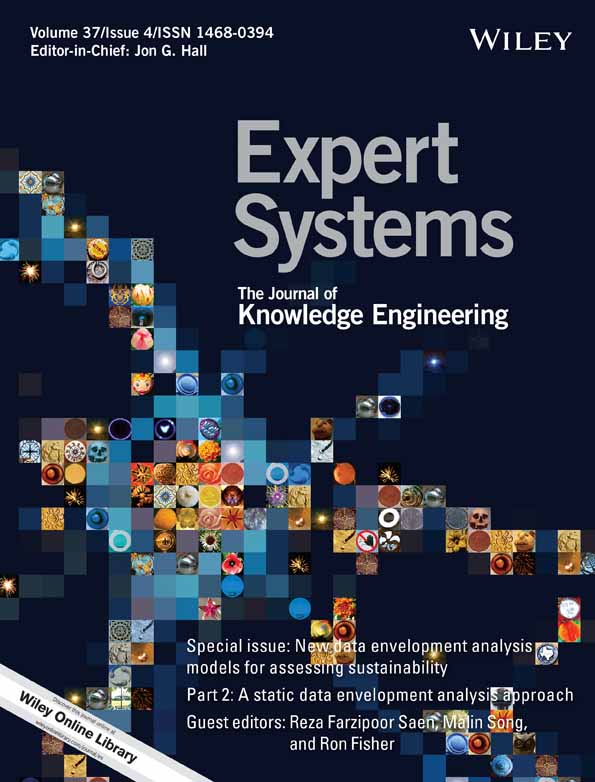A hybrid data envelopment analysis and multi-attribute decision making approach to sustainability assessment
Abstract
The concept of sustainability consists of three main dimensions: environmental, techno-economic, and social. Measuring the sustainability status of a system or technology is a significant challenge, especially when it needs to consider a large number of attributes in each dimension of sustainability. In this study, we first propose a hybrid approach, involving data envelopment analysis (DEA) and a multi-attribute decision making (MADM) methodologies, for computing an index for each dimension of sustainability, and then we define the overall sustainability index as the mean of the three measured indexes. Towards this end, we define new concepts of efficiency and cross-efficiency of order (p, q) where p and q are the number of inputs and outputs, respectively. For a given (p, q), we address the problem of finding efficiency of order (p, q) by developing a novel DEA-based selecting method. Finally, we define the sustainability index as a weighted sum of all possible cross-efficiencies of order (p, q). Form a computational viewpoint, the proposed selecting model significantly decreases the computational burden in comparison with the successive solving of traditional DEA models. A case study of the electricity-generation technologies in the United Kingdom is taken as a real-world example to illustrate the potential application of our method.
Highlights
- Two new concepts of efficiency and cross-efficiency of order (p, q) in data envelopment analysis is introduced.
- A novel mixed binary linear programming selecting model is formulated.
- CRITIC method is employed to define the sustainability index as a weighted sum of different cross-efficiencies of order (p, q).
- An overall sustainability index as the mean of the obtained sustainability indexes for all dimension is defined.
- The applicability of the proposed approach is presented with a real data set.
CONFLICT OF INTEREST
None




